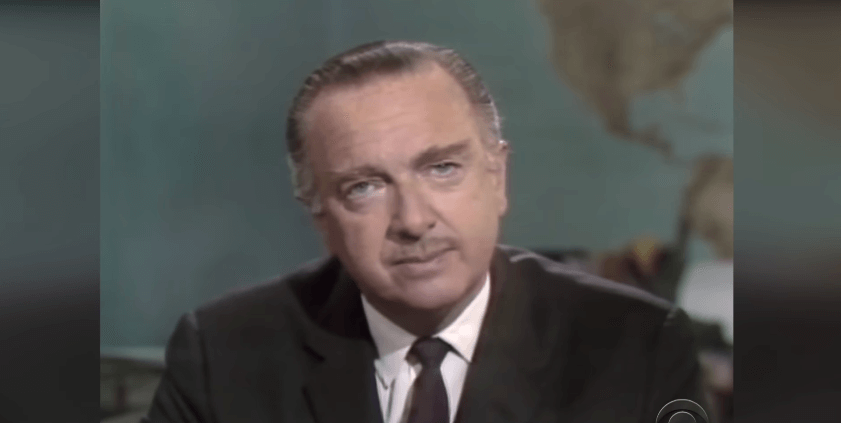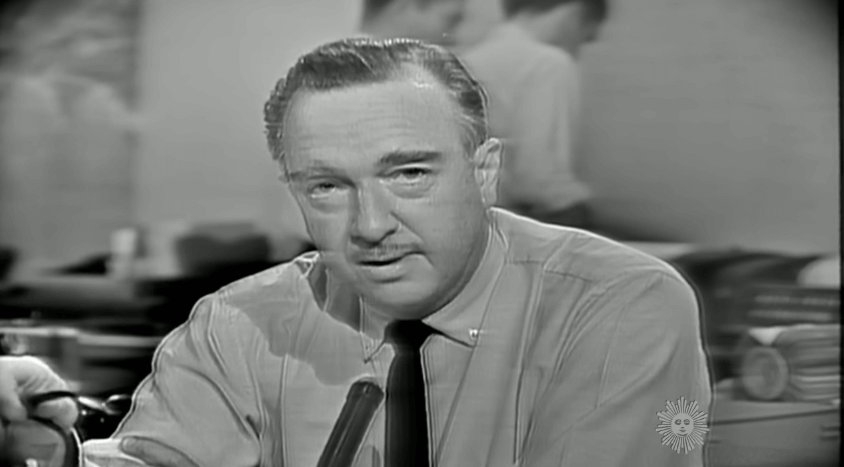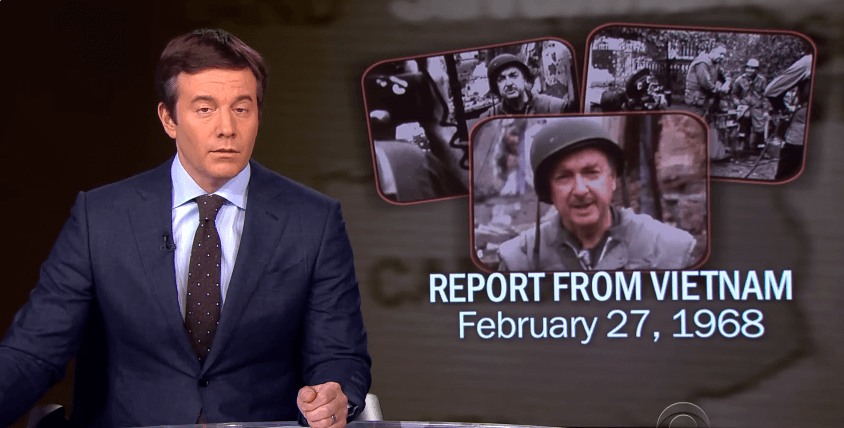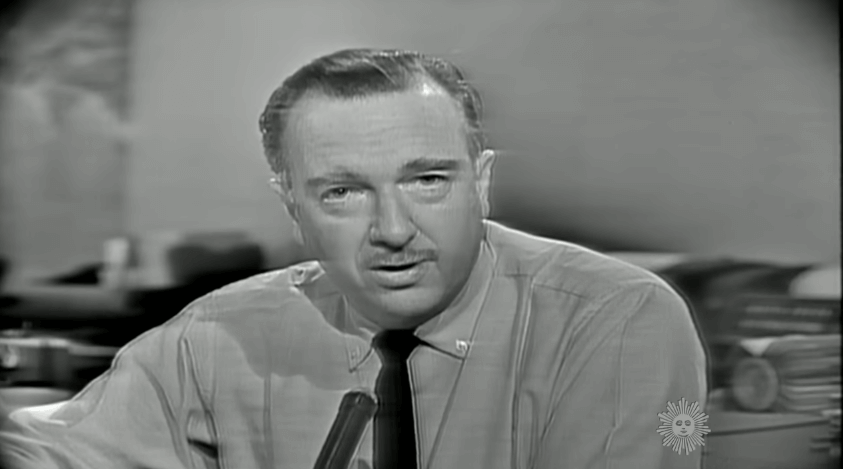Walter Cronkite, an iconic name in American journalism, is synonymous with trust, integrity, and impeccable reporting. Known as “the most trusted man in America” he redefined broadcast journalism with his dedication to delivering accurate and unbiased news.
Walter Cronkite: The Man Behind the Legacy
Walter Cronkite was a prominent journalist who anchored the CBS Evening News from 1962 to 1981. His calm demeanor, authoritative voice, and honest reporting style made him a household name.
Key Contributions:
- Anchoring Historical Events: Cronkite covered major events, from the moon landing to the Vietnam War.
- Unbiased Reporting: He gained trust by delivering news without sensationalism.
- The JFK Assassination: His emotional yet composed announcement of President Kennedy’s death left an indelible mark.
- The Moon Landing: His enthusiastic coverage of the Apollo 11 mission made history feel personal to millions of viewers.
Why Walter Cronkite Became a Legend
1. JFK Assassination Announcement
On November 22, 1963, Walter Cronkite reported the tragic assassination of President John F. Kennedy. His emotional yet professional demeanor captured the grief of the nation.
2. Apollo 11 Moon Landing
In 1969, Cronkite’s live coverage of the first moon landing brought the monumental achievement into homes worldwide. His famous phrase, “Oh, boy!” reflected the collective awe of humanity.
3. Vietnam War Commentary
Cronkite’s rare editorial commentary on the Vietnam War in 1968, where he stated that the war was unwinnable, shifted public opinion and reportedly influenced President Lyndon B. Johnson’s decision not to seek re-election.
4. Civil Rights Movement
Cronkite’s fair and detailed coverage of the Civil Rights Movement helped raise awareness and empathy for the struggles faced by African Americans.
Steps to Understand Walter Cronkite’s Influence
1: Learn About His Career
- Research his 19-year tenure on the CBS Evening News.
- Explore his earlier years as a war correspondent during World War II.
2: Study His Iconic Moments
- Watch recordings of his coverage of the moon landing and JFK’s assassination.
- Read about his editorial on the Vietnam War and its impact.
3: Understand His Journalism Style
- Note his commitment to facts and neutrality.
- Analyze how he balanced professionalism with empathy during emotional events.
4: Compare Him with Modern Anchors
- Evaluate how current journalists measure up to Cronkite’s high standards.
Comparison Table: Walter Cronkite vs. Modern News Anchors
| Aspect | Walter Cronkite | Modern News Anchors |
|---|---|---|
| Style | Unbiased, fact-driven | Often opinion-driven or sensationalized |
| Audience Trust | High trust as “the most trusted man” | Trust varies widely |
| Coverage of Events | In-depth and respectful | Fast-paced with varying depth |
| Legacy | Timeless influence | Evolving with technology |
What is Walter Cronkite Most Famous For?
Walter Cronkite is most famous for his unbiased and groundbreaking coverage of significant events, such as the moon landing and JFK’s assassination. His integrity and professionalism set the gold standard for journalism.
FAQs
1. What was Walter Cronkite’s nickname?
He was called “the most trusted man in America” because of his journalist credibility.
2. How long did Walter Cronkite anchor the CBS Evening News?
He anchored it for 19 years, from 1962 to 1981.
3. What was Walter Cronkite’s net worth?
Although estimates vary, Walter Cronkite’s net worth at the time of his death in 2009 was believed to be around $20 million.
4. What made his moon landing coverage unique?
Cronkite’s emotional yet informative reporting connected viewers to the awe and significance of the Apollo 11 mission.
5. Why is Walter Cronkite considered a journalism icon?
His commitment to unbiased reporting, clear communication, and ethical journalism made him a role model for future generations.
Conclusion:
Walter Cronkite’s impact on journalism is unparalleled. From his heartfelt reporting on President Kennedy’s death to his awe-inspiring coverage of the moon landing, he shaped how news is delivered and consumed. His legacy is a testament to the power of honesty and trust in journalism.



